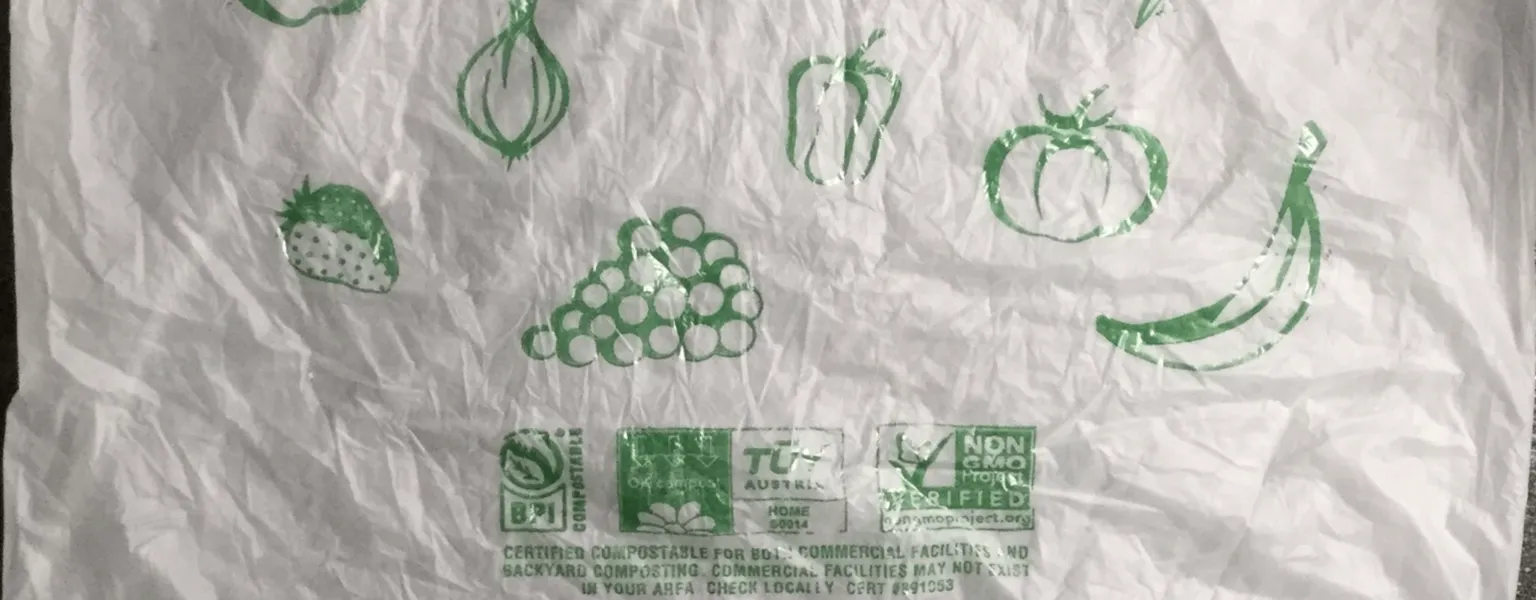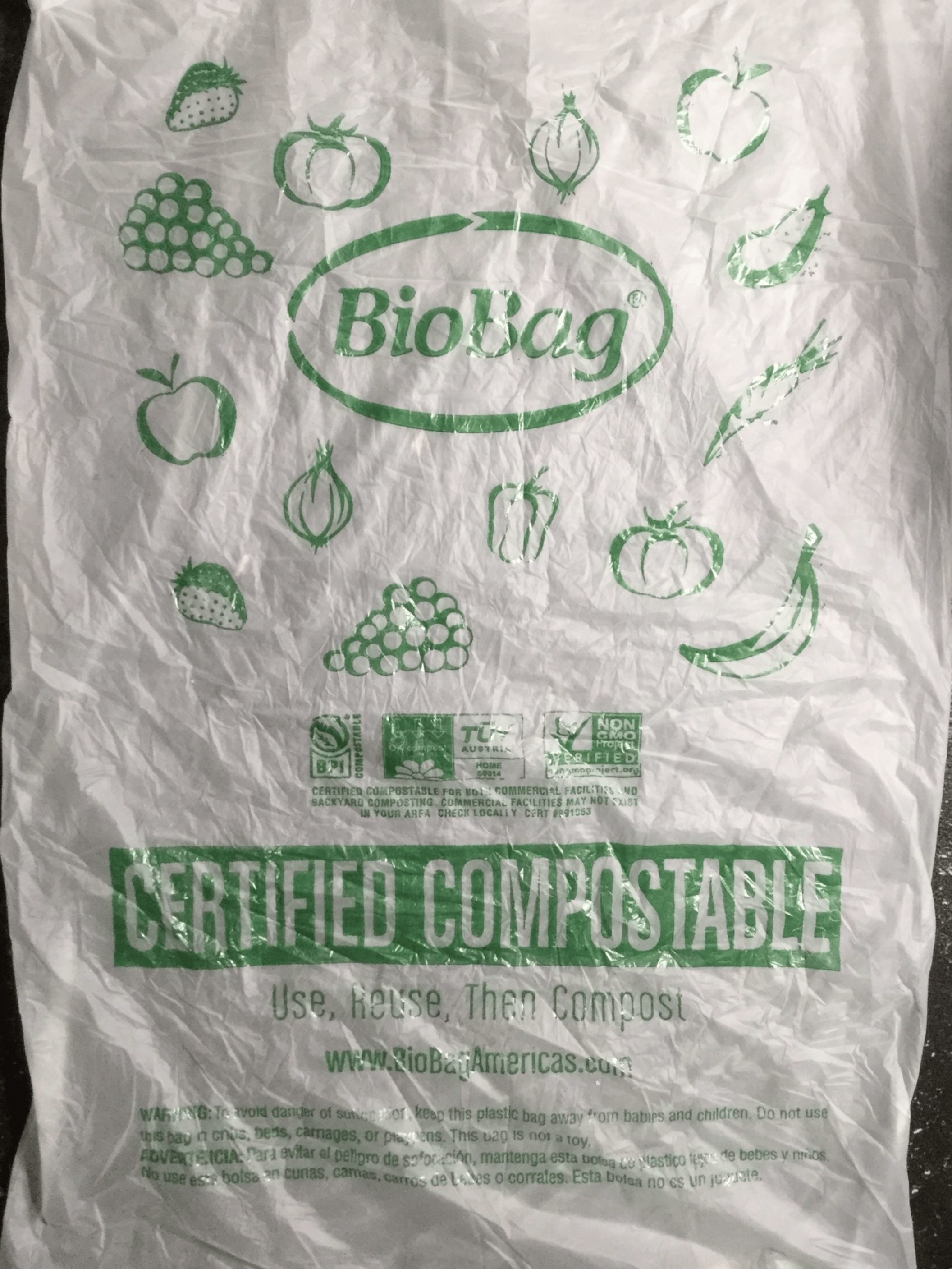Canadians weigh in on plastic packaging labelling and tracking

Sustainability
Canadians are calling for tangible action to better manage plastic waste in order to protect the environment, preserve biodiversity, and strengthen the economy. To reach the target of zero plastic waste, the Canadian government is introducing new measures to enhance the production, use, and management of plastic.
The government has released a report outlining the results of two public consultations that focused on developing rules for recyclability and compostability labelling, as well as establishing a federal plastics registry for the plastic products industry. From July 25, 2022, to October 7, 2022, the government sought input from Canadians, stakeholders, industry representatives, and provincial, territorial, and local governments on new labelling regulations that would inform consumers better and improve recycling and composting of plastics in Canada. The government also sought feedback on creating a registry for producers to report the plastics they put into the economy.
New labelling regulations are being created to prohibit the use of the circular three-arrow symbol (commonly referred to as the chasing-arrows symbol) and other recyclability claims on plastic packaging and single-use plastics unless certain criteria are met. These requirements may include ensuring that at least 80% of Canadians have access to recycling systems that accept, sort, and re-process these plastics.
Furthermore, the government is considering new regulations to regulate the use of terms such as "compostable," "degradable," or "biodegradable" in the labeling of plastic packaging and single-use plastic items. These new rules would help Canadians make informed decisions about the plastics they purchase and how to properly dispose of these products at the end of their life. The labelling regulations would be part of new regulations that would also establish minimum levels of recycled plastic in specific products.
The Canadian government is also committed to creating a federal plastics registry that would require annual reporting on plastics in the Canadian economy and how these products are handled at the end of their life. The registry would also gather and disclose data to Canadians on the entire life cycle of plastics in Canada.

Later this year, the government intends to publish a proposed framework for the recycled content and labelling regulations, which will be open for public consultation. The feedback received on this framework will inform the proposed regulations, which are expected to be published by the end of the year.
"Far too many plastics end up in our landfills, our waterways, on our streets, and in our environment. We must find a way to keep plastics in our economy, instead of in our waste. That means strengthening recycling and other systems to keep plastics in circulation, and helping consumers better understand the impact of the plastics they are buying. We need clearer labelling, better data collection, and enhanced rules for responsible supply chains, and producers that are consistent, comprehensive, and transparent. Together, these tools will help Canada make measurable progress toward zero plastic waste." – The Honourable Steven Guilbeault, Minister of Environment and Climate Change.
This article was originally published by the Canadian government.
Related News
-
Supplier News
Berry supplies Coca-Cola with tethered bottle caps for EU markets
-
Sustainability
Tesco unveils fish packaging containing recycled coastal plastic
-
Sustainability
MEPs push to ban the export of plastic waste to developing countries
-
Sustainability
HolyGrail 2.0 to pilot digital watermarks for packaging waste in France
-
Sustainability
Zero Waste Scotland urges hospitality businesses to slash single-use packaging




